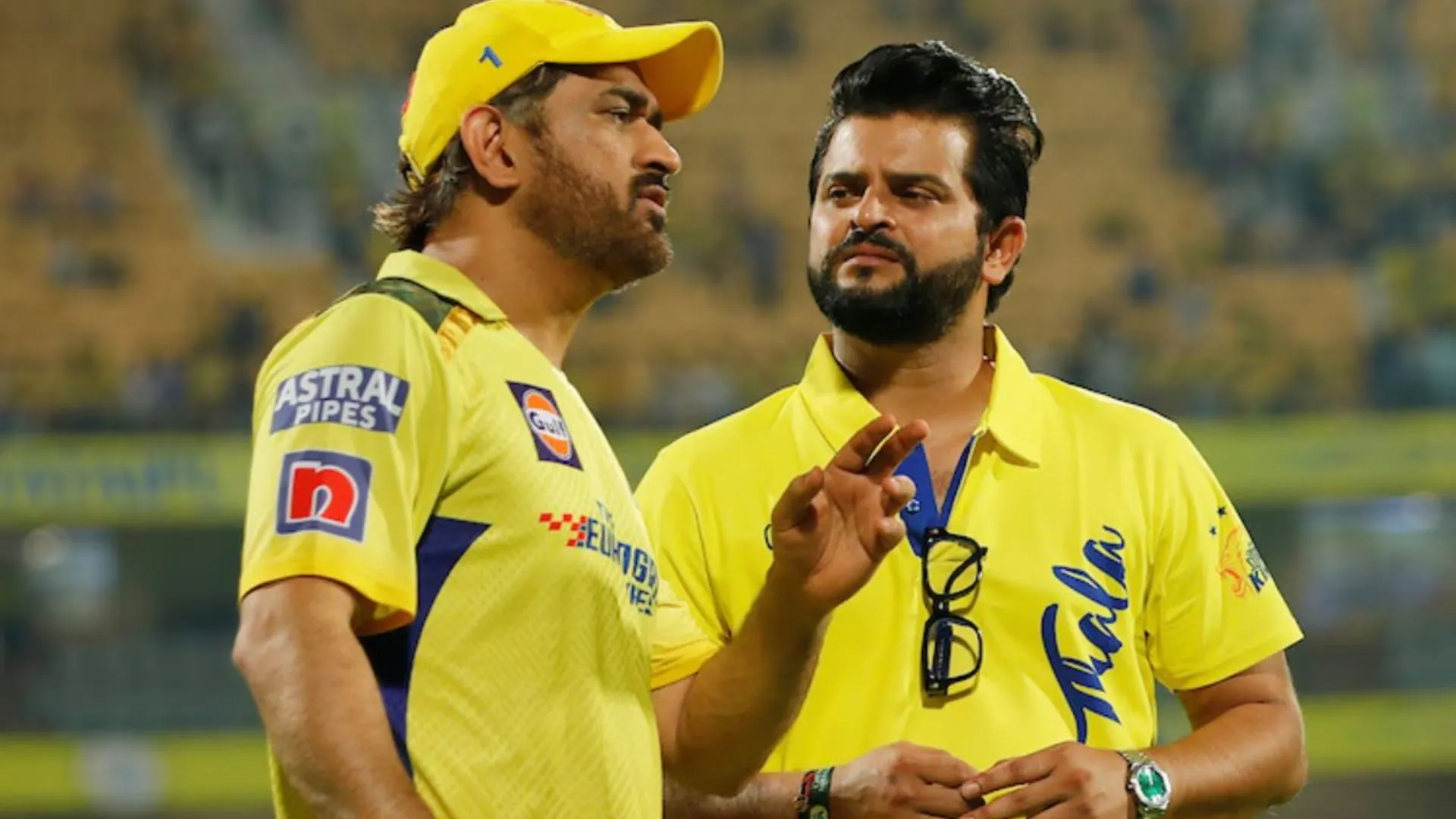In Parliament Winter Session, Leader of Opposition (LoP) Rahul Gandhi delivered a thought-provoking and impassioned speech, invoking the philosophies of great historical figures such as Lord Shiva, Buddha, and Mahavira. Holding the Samvidhan (Constitution) in his hand, Gandhi passionately reminded the nation of its rich cultural and spiritual heritage, urging the government and citizens alike to uphold the democratic values enshrined in India’s Constitution. His speech was not only a call for unity and social justice but also a sharp critique of the ideologies that seek to divide the country.
Gandhi’s speech took a striking turn when he brought up the Vedas and the Manusmriti, using these ancient texts to counter the divisive views associated with Vinayak Damodar Savarkar. Savarkar, a prominent figure in the Rashtriya Swayamsevak Sangh (RSS), is often criticized for his controversial and exclusionary views, which Gandhi directly opposed in his address. By referencing the Vedas and the Manusmriti, Gandhi sought to highlight the contrast between India’s inclusive, just values and the divisive ideologies promoted by figures like Savarkar.
In one of the most powerful moments of his speech, Gandhi asserted, “Today, Manusmriti is the law,” highlighting the contemporary relevance of the controversial text and its influence on the current political landscape. His words were a critique of the ruling government’s ideological leanings, which he claimed align more closely with the Manusmriti than with the ideals of justice and equality laid out in the Indian Constitution. Gandhi’s reference to the Manusmriti was particularly pointed as it is often criticized for its hierarchical and discriminatory principles, which stand in stark contrast to the values of democracy, secularism, and social justice that are central to India’s Constitution.
The Leader of Opposition’s speech stood as a reminder of the ongoing battle between inclusive democratic ideals and exclusionary, divisive rhetoric. Gandhi’s impassioned call for unity and equality emphasized the importance of safeguarding India’s secular fabric against forces that seek to erode the country’s democratic values. As he concluded his speech, Rahul Gandhi made it clear that he remains unwavering in his commitment to defending the Constitution and ensuring that the principles of justice, equality, and unity prevail in India.
This fiery address not only reflected Gandhi’s deep commitment to India’s democratic ethos but also provided a timely reminder of the philosophical and moral foundations upon which the nation was built.
ALSO READ: Kejriwal Expresses Concern Over Rising Crime In Delhi, Seeks Intervention From Amit Shah




















